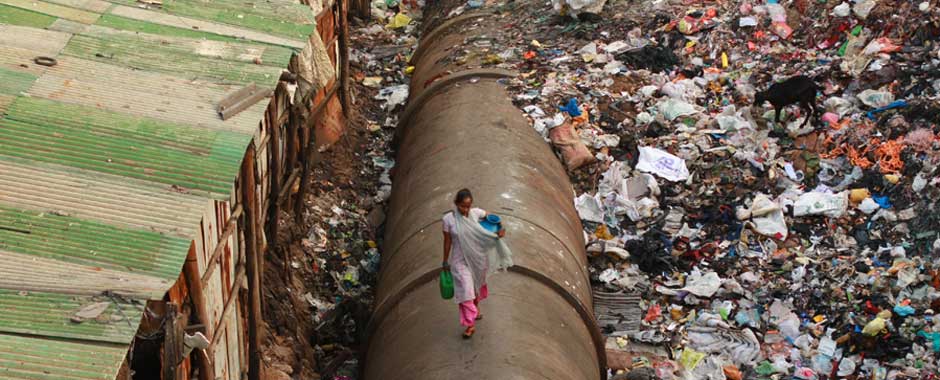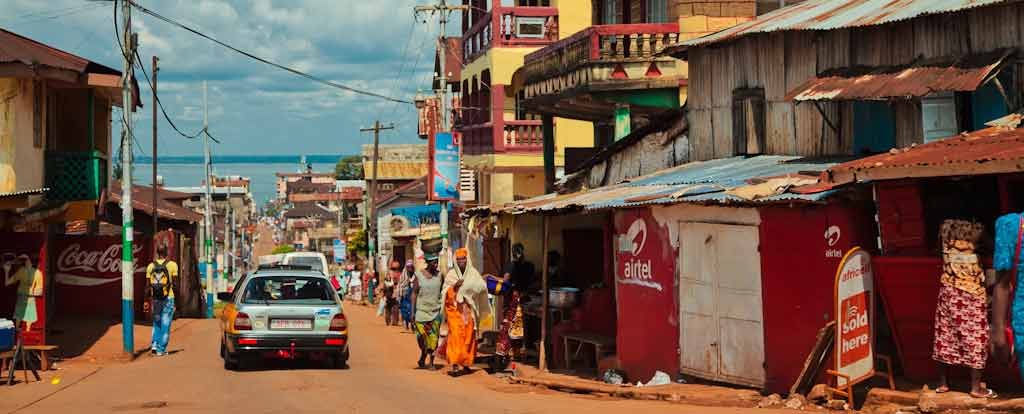by Nathan Oxley, Jonathan Dolley, Shilpi Srivastava and Gordon McGranahan This is one in a series of four blog posts exploring ideas and case studies on ‘transformations’, drawing on research…
Things can change: history and transformations to sustainability
The New Urban Agenda and its 47 inclusions
Inclusion can be a powerful term, particularly when applied to cities and urbanisation. It focuses attention on the means through which exclusion and inequality are produced and reproduced, and…
In the world’s poorest countries, cities could be the test for the Sustainable Development Goals
Ahead of a dialogue event on 13 June, STEPS member Gordon McGranahan discusses how the Sustainable Development Goals present challenges and opportunities for urbanisation in the world’s Least Developed Countries…
Is more inclusive urbanisation essential to the 2030 Agenda?
The 2030 Agenda promises Sustainable Development Goals (SDGs) that are “integrated and indivisible” and “leave no-one behind”. Yet goals listed have historically been pursued in ways that bring them into conflict…


